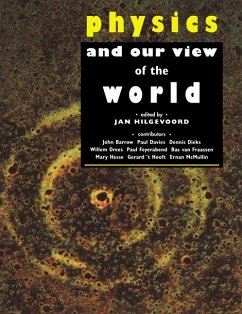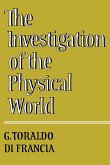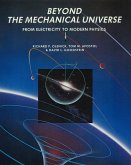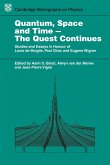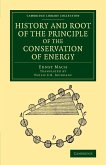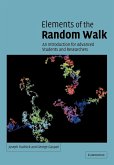One of the central questions of physics is whether or not a Theory of Everything is possible. Many physicists believe that such a theory might be attainable, a belief which has led to speculation that we might one day 'know the mind of God'. But what would be the philosophical implications of having a blueprint for the Universe? What does physics tell us about reality? Does possession of the Theory of Everything leave room for the existence of God? In this fascinating book, a group of distinguished physicists and philosophers examine not only the claims of modern physics, but also the impact these claims have on our view of the world. Based on talks given at the Third Erasmus Ascension Symposium in the Netherlands, the book contains contributions from John Barrow, Paul Davies, Dennis Dieks, Willem Drees, Paul Feyerabend, Bas van Fraassen, Mary Hesse, Gerard 't Hooft and Ernan McMullin. Also included, however, are the discussions which followed the talks, characterized by a frank exchange of views and many clear insights into these difficult issues. At a time when many people view science with deep suspicion, this book will be of great interest to anyone wishing to explore the complex relationships that exist between physics and philosophy, theology and ideology.
Hinweis: Dieser Artikel kann nur an eine deutsche Lieferadresse ausgeliefert werden.
Hinweis: Dieser Artikel kann nur an eine deutsche Lieferadresse ausgeliefert werden.

